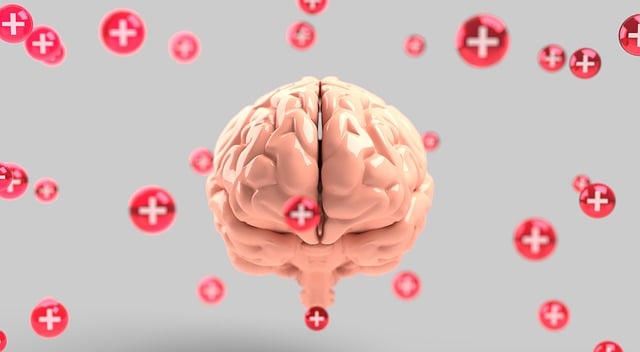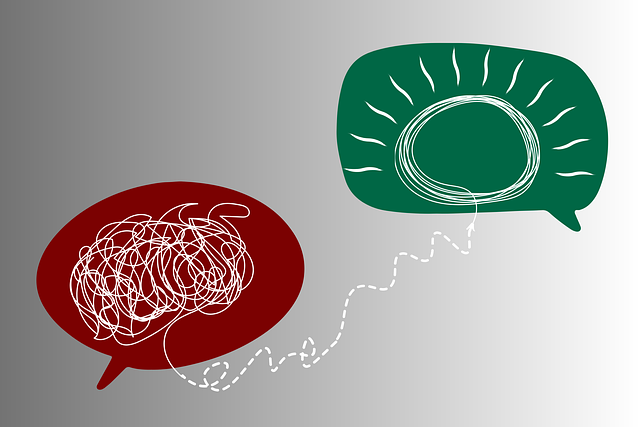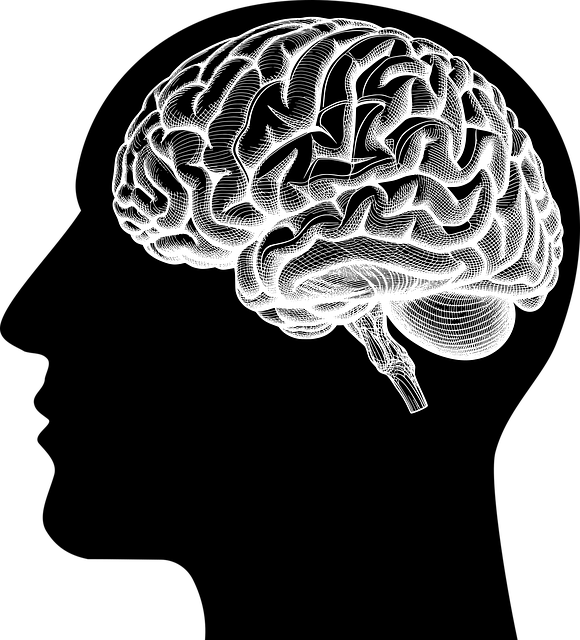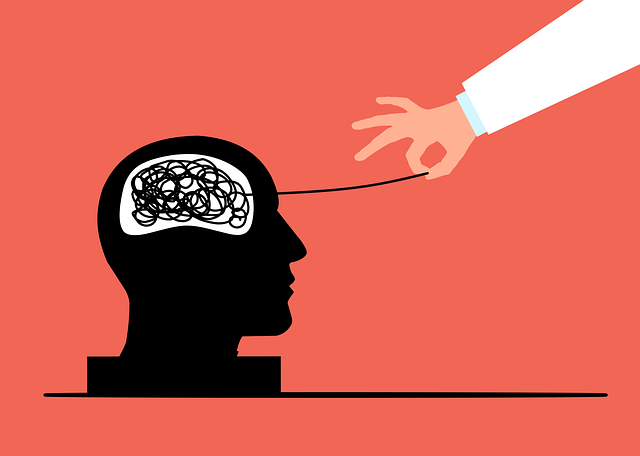Trauma significantly impacts relationship dynamics, particularly within polyamorous and open relationships. Broomfield Polyamorous and Open Relationships Therapy offers specialized support through empathy-driven strategies, Mind Over Matter principles, and safe community spaces. This approach focuses on emotional healing, resilience building, and navigating complex emotions to foster secure connections and overall well-being. Accessing these resources accelerates recovery, mitigates professional burnout, and promotes holistic mental wellness through open communication, education, and peer support.
Trauma can profoundly affect individuals and relationships, yet accessible support services are crucial for healing. This article explores various aspects of trauma support, focusing on its impact on intimate connections. We delve into the unique approach of Broomfield Polyamorous and Open Relationships Therapy as a specialized form of care. Additionally, we guide readers through accessing services, emphasizing community support and education as vital tools for fostering healing and growth post-trauma.
- Understanding Trauma and Its Impact on Relationships
- The Role of Broomfield Polyamorous and Open Relationships Therapy
- Accessing and Navigating Trauma Support Services
- Fostering Healing and Growth Through Community and Education
Understanding Trauma and Its Impact on Relationships

Trauma, a profound and often complex experience, can significantly shape an individual’s relationships. Understanding its impact is crucial in providing effective support, especially within unique contexts like Broomfield Polyamorous and Open Relationships Therapy. When individuals have experienced trauma, forming and maintaining connections can become challenging due to flashbacks, heightened anxiety, or avoidance behaviors. These symptoms may lead to emotional detachment or intense attachment, affecting the dynamics of polyamorous and open relationships.
Empathy Building Strategies play a vital role here. Mental health professionals must foster an environment where clients feel heard and understood. This involves active listening, validating their experiences, and promoting self-compassion. By implementing Risk Management Planning, therapists can ensure they are equipped to handle potential triggers and provide timely interventions. Moreover, addressing the Mental Illness Stigma Reduction Efforts is essential to creating a supportive space where individuals feel safe to explore their relationships without fear of judgment, allowing for healthier connections and healing.
The Role of Broomfield Polyamorous and Open Relationships Therapy

Broomfield Polyamorous and Open Relationships Therapy offers a unique perspective on trauma support, recognizing that relationships can be both a source of healing and growth. This therapeutic approach caters to individuals navigating complex emotional landscapes, providing a safe space to explore and understand their experiences within the context of polyamory or open relationships. By integrating Mind Over Matter Principles, the therapy empowers clients to develop inner strength and enhance their emotional regulation skills.
Through individualized sessions, therapists facilitate conversations that challenge societal norms and encourage self-acceptance. This supportive environment allows individuals to process trauma, set boundaries, and foster meaningful connections with partners or community members. The focus on understanding and managing emotions within these relationships promotes a sense of security and encourages clients to embrace their authentic selves, ultimately contributing to their overall well-being.
Accessing and Navigating Trauma Support Services

Accessing trauma support services is a vital step towards healing and recovery for individuals who have experienced traumatic events. Many communities now offer specialized therapy options tailored to unique needs, such as those within Broomfield Polyamorous and Open Relationships Therapy circles. These services cater to individuals looking for safe spaces to process their experiences, emphasizing emotional well-being promotion techniques that foster resilience and coping mechanisms.
Navigating these resources can be a challenging yet rewarding journey. The process often involves understanding personal needs, identifying relevant support programs, and seeking out professionals who align with individual preferences. Through effective Mental Health Policy Analysis and Advocacy, individuals can gain access to appropriate resources, ensuring they receive the best care possible. Social Skills Training may also complement trauma therapy, offering additional tools for navigating interpersonal relationships and enhancing overall emotional recovery.
Fostering Healing and Growth Through Community and Education

Healing and growth are fostered through a supportive community that encourages open communication and education about diverse relationships. The Broomfield Polyamorous and Open Relationships Therapy, for instance, offers a safe space where individuals can explore their emotional connections while learning from peers with similar experiences. This communal approach not only aids in trauma recovery but also prevents burnout among mental health professionals by promoting a sense of belonging and understanding.
Community-driven initiatives, coupled with educational programs such as Mental Wellness Coaching Programs Development, play a pivotal role in mitigating the risks associated with prolonged exposure to traumatic events (Risk Assessment for Mental Health Professionals). By integrating these strategies, support services can effectively enhance resilience and promote holistic mental wellness, ensuring individuals not only survive but thrive after experiencing trauma.
Trauma support services play a vital role in helping individuals heal from past experiences. By understanding the impact of trauma on relationships, we can better utilize resources like Broomfield Polyamorous and Open Relationships Therapy to foster healing and growth within communities. Accessing these services and navigating their offerings is essential, as it enables folks to embark on a journey of transformation and resilience. Through education and community support, individuals can break free from the cycle of trauma and dance towards a brighter future.














